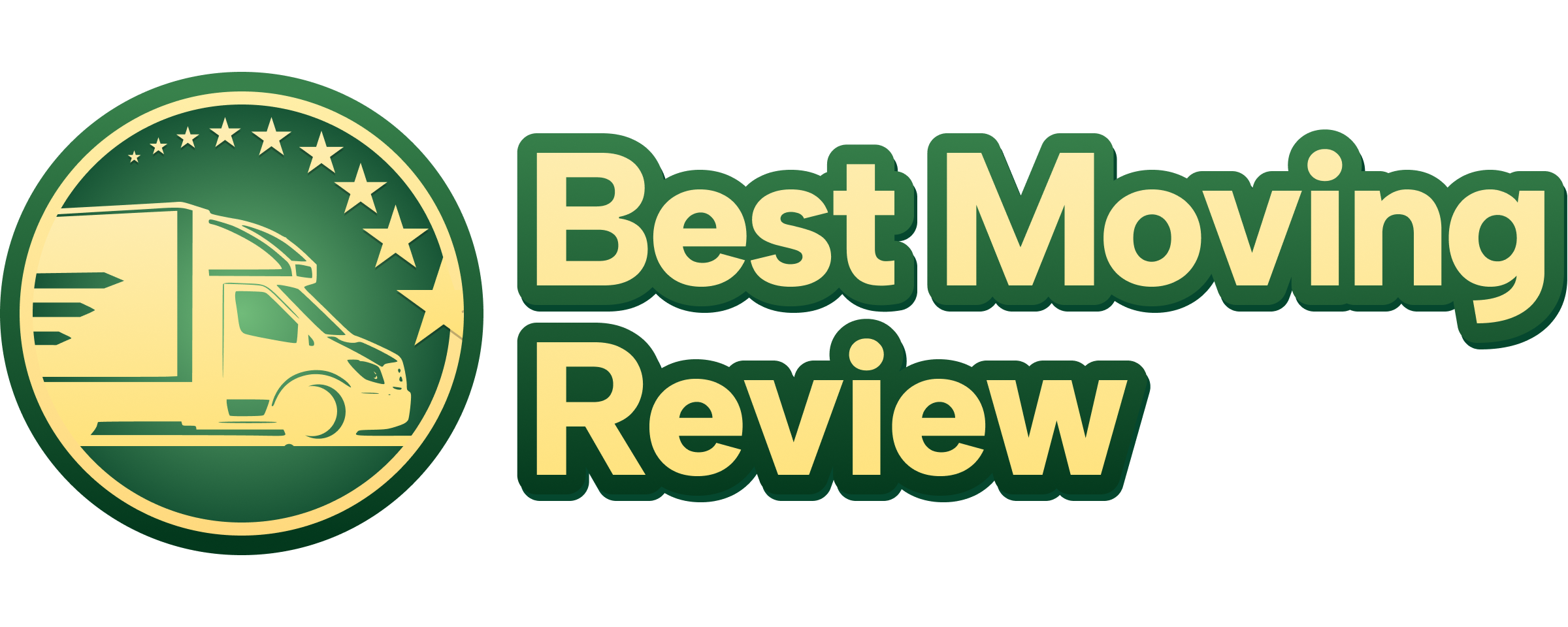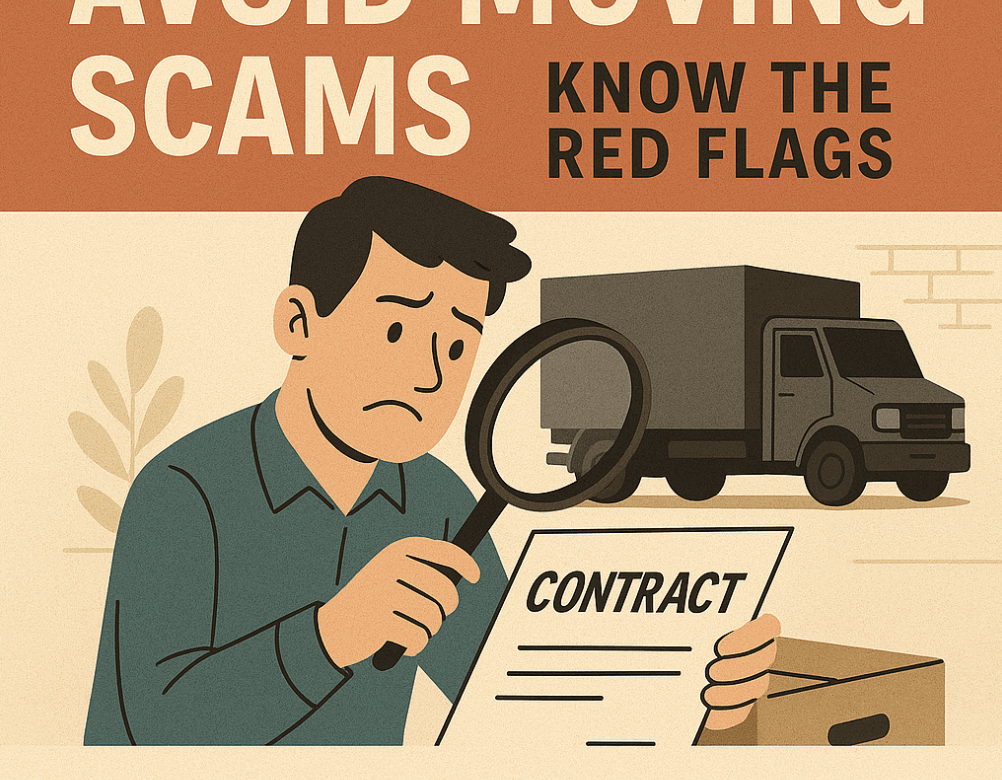Moving can be stressful enough without the added risk of falling victim to a moving scam. Unfortunately, not all movers are created equal. Some operate with shady practices, hidden fees, or worse — they disappear with your belongings. If you’re planning a move, it’s crucial to recognize red flags and know how to protect yourself from moving company scams.
Common Moving Scams to Watch Out For
1. Lowball Estimates That Suddenly Skyrocket
One of the most common scams involves giving an unrealistically low estimate to lure customers in. Once your belongings are loaded onto the truck, the price suddenly jumps — sometimes by thousands of dollars. The movers then refuse to deliver your items until the inflated fee is paid.
2. No On-Site Inspection
Legitimate moving companies will typically offer a free in-home or virtual inspection before providing a quote. If a mover gives you an estimate over the phone or online without seeing your items, be cautious. This often leads to disputes about what was quoted versus what’s actually owed.
3. No Written Contract or Vague Terms
Always get everything in writing. A legitimate mover will provide a clear, itemized contract. If you’re only given verbal promises or a generic document without full details, walk away.
4. Demands for a Large Upfront Deposit
Professional movers typically ask for a small deposit (if any) and the remainder upon delivery. Scammers, however, might demand a large cash deposit upfront — and then disappear.
5. No Physical Address or License Information
Reputable moving companies have a valid business address and licensing. If the company doesn’t list a physical location or avoids sharing license or insurance details, that’s a red flag.
6. Name Switching or Multiple Company Names
Some scam operations frequently change their company names to avoid negative reviews or legal trouble. Always research the company’s history and check for aliases.
How to Protect Yourself from Moving Scams
1. Research Before You Book
Start by checking reviews on trusted platforms like Google, Yelp, and Better Business Bureau. Be wary of companies with only a few overly positive reviews or a long list of complaints.
2. Verify Licenses and Insurance
Interstate movers must be registered with the Federal Motor Carrier Safety Administration (FMCSA). You can check a mover’s license number (USDOT number) on the FMCSA website.
3. Get Multiple Quotes
Get at least 3 written estimates from different companies. This helps you spot outliers and understand the realistic cost of your move.
4. Ask the Right Questions
Some key questions to ask include:
- Are you licensed and insured?
- Do you provide binding or non-binding estimates?
- Will my items be transferred to another truck?
- What is your claims process if something gets damaged?
5. Never Sign Blank or Incomplete Documents
Always read the fine print. If something seems off or is left blank, don’t sign until it’s corrected and complete.
6. Use a Trusted Moving Review Site
This is where we come in. At Best Moving Review, we vet and review reputable local and long-distance movers to help you avoid scams and choose a mover you can trust. All companies we feature are licensed, insured, and have strong reputations for quality service.
Final Thoughts
Being informed is your best defense against moving scams. By knowing the red flags and doing your due diligence, you can avoid shady movers and ensure a safe, stress-free move.
Need help finding a trustworthy moving company? Start here — we’ve done the research so you don’t have to.

